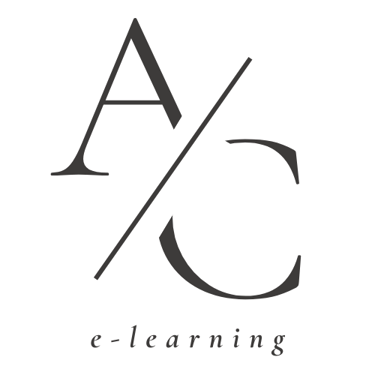Closing the Performance Gap in a Sales Team
My client was a scale-up company whose operations heavily rely on the performance of the sales department.
They needed a constant inflow of leads and repeat business from the existing customer base. Their sales team was a mix of experience levels, increasingly employing more junior consultants.
The discrepancy in the performance between the senior and junior sales staff was becoming a burning issue. Junior SDRs didn’t meet their KPIs, especially in cold-call outreach.
This caused a number of problems including not reaching profit forecasts and high staff turnover.
The Background
Attempted Solutions
Having identified the issues, the company tried to address them using various strategies in-house.
First, managers tried to give their juniors ownership of their professional development. They encouraged performance analysis – monitoring outreach statistics and listening to call recordings. It soon became apparent that inexperienced employees couldn’t analyse the data objectively and draw actionable conclusions. Instead, they were either overly critical of themselves or missed glaring mistakes.
The next strategy was showcasing best practices by senior sales consultants. Juniors shadowed their experienced colleagues, paying attention to how they carried out the tasks that they struggled with. Unfamiliar with the nuances of the job, junior consultants didn’t know what exactly to focus on. They saw their colleagues as naturally apt at their job rather than applying certain techniques or skills. Despite collective efforts, this approach also didn’t bring the desired outcomes.
Solution Design
They asked me to design a course to address the core issues in their employees' performance. The managers identified low confidence, poor time management and prioritisation skills as the main issues.
During the initial conversation, I got the impression that the problem may be more complex. Having worked with sales professionals before, I knew that other factors could be impacting the consultants' performance too.
I took a holistic approach to fully understand the situation. I talked to stakeholders and learnt about the sales team’s dynamics and the way the company works.
Then I analysed the material they provided and interviewed a few members of staff. Through the in-depth needs and performance analysis, I got to the root causes of the problem.
The managers’ initial diagnosis was right – confidence building, time management and prioritisation were among the main issues.
However, there were also issues with objection handling or product knowledge. Junior consultants accepted the prospect’s surface objections and often struggled with questions about the finer details of their offering.
Needs Analysis
I had a mix of issues ranging from soft skills to technical knowledge to address through training. As they were common in this line of work, they were likely to recur in future. Self-paced, microlearning in a digital format was the best solution to accommodate the amount of material and the trainees’ busy schedules.
I designed modules on time management and prioritising, tailored to the salespeople’s reality. Immersive, hands-on tasks mirrored trainees’ daily challenges. Game-based learning helped them practise dealing with unexpected disruptions or sudden crises, common in sales. Due to the nature of cold outreach and the frequency of rejection in sales, building confidence and resilience was key. Digital workshops offering practical tips and strategies that could be implemented into daily practice helped there.
I also developed immersive product knowledge modules and cold calling and messaging training. They showed different approaches to cold outreach through storytelling and offered real-life examples to analyse. Game-based activities helped employees learn by experimenting and hone their product knowledge.
To maximise the impact, the company decided to follow up the digital learning with in-house interventions. These included feedback on implementing new approaches and techniques learnt in the digital training. They used shadowing of experienced staff, this time with a focused approach where senior consultants briefed their less experienced colleagues before and after carrying out a task. Junior employees had detailed tasks to complete during their observations too. To facilitate knowledge retention, I developed visual job aids covering the main points of the cold call framework and product knowledge.
Follow-up
Results
The blended learning approach proved to be the right choice. The consultants' performance improved almost immediately. All of the previously underperforming consultants met their KPIs in the next performance review cycle, a couple exceeded the expectations. Not only did their outreach statistics improve, but all of them billed within 2 months of completing training.
If you’re looking to offer targeted key skill training and elevate your team’s performance, get in touch to start building a programme tailored to your organisation’s unique needs.












